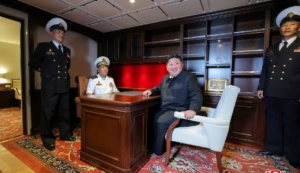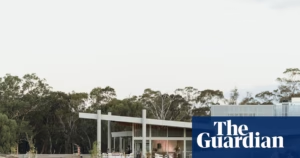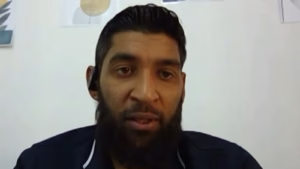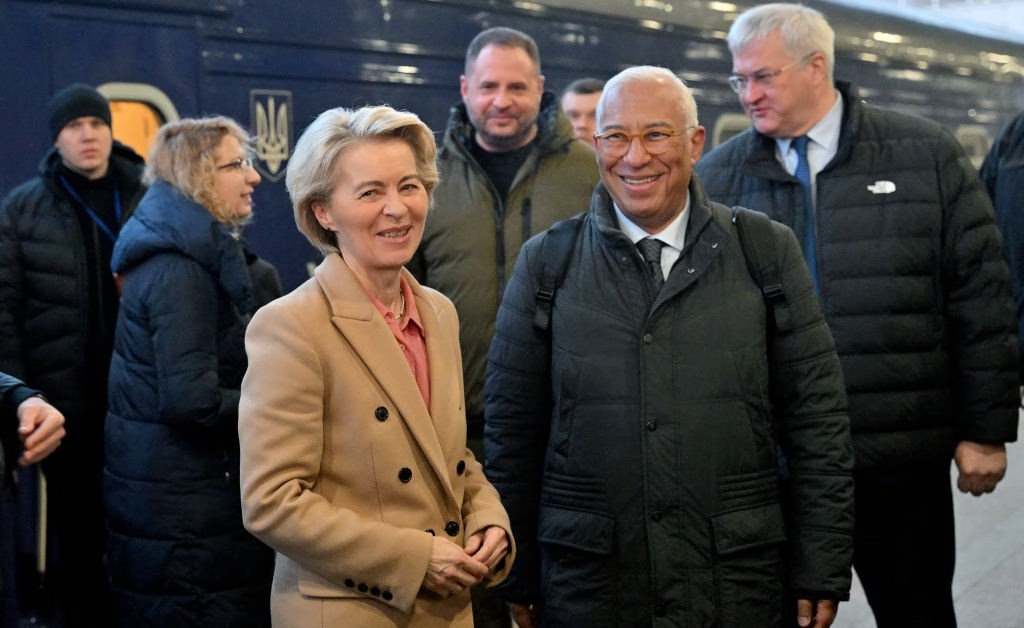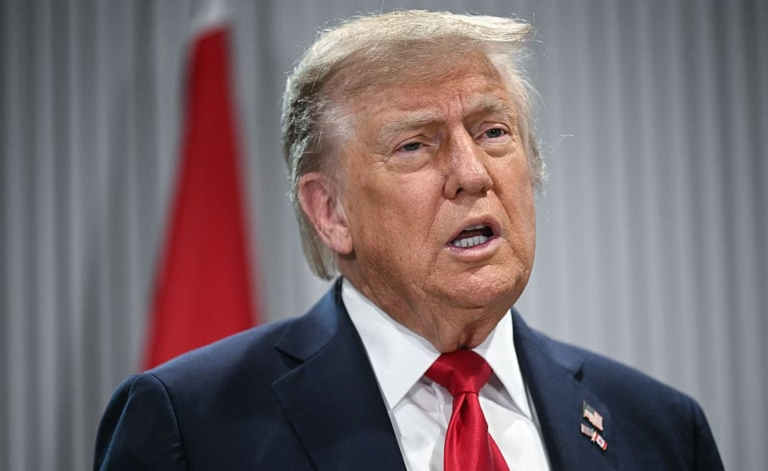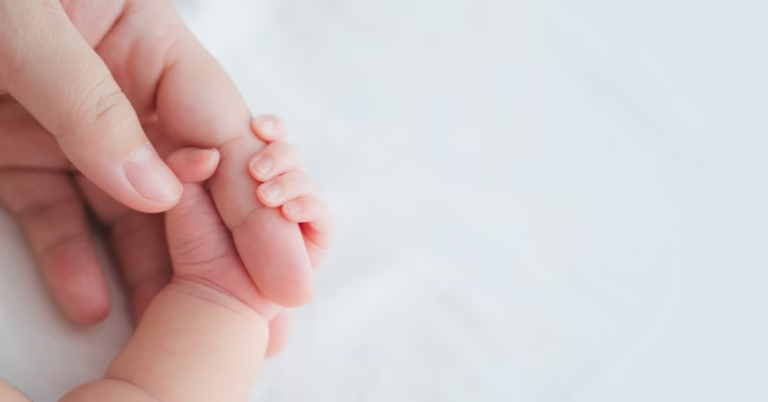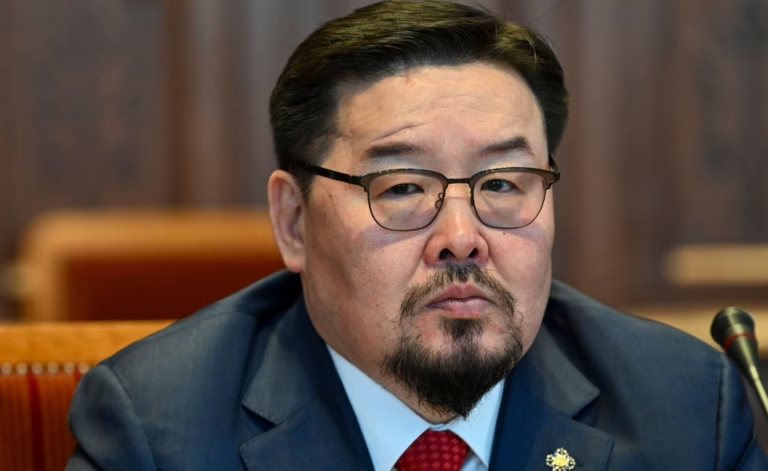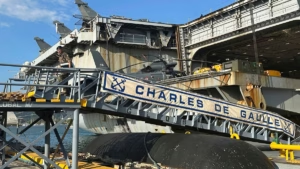KYIV, Ukraine — A group of prominent European and Canadian leaders visited Ukraine’s capital on Monday to commemorate the third anniversary of the country’s ongoing conflict with Russia, displaying clear support for Kyiv amid growing uncertainty regarding the Trump administration’s dedication to aiding Ukraine in repulsing Russia’s invasion.
Among those demonstrating solidarity were crucial supporters of Ukraine, including European Commission President Ursula von der Leyen and Canadian Prime Minister Justin Trudeau, who were warmly welcomed at the train station by Ukrainian Foreign Minister Andrii Sybiha and the president’s chief of staff, Andrii Yermak.
In a statement posted on X, von der Leyen emphasized Europe’s commitment to Ukraine, maintaining that Ukraine “is in Europe” and that the struggle for Ukraine is also for Europe’s destiny.
Ukrainian and European officials have expressed concern over US President Donald Trump’s approach towards Russian President Vladimir Putin and his statements towards Ukrainian President Volodymyr Zelenskyy. Recent developments have included Trump naming Zelenskyy a dictator, attributing blame for the war to Ukraine, ending Putin’s diplomatic isolation by the United States, and indicating that Ukraine’s hopes of joining NATO are unlikely to be realized, nor will it probably recapture the land Russia has occupied.
The guests, including European Council President Antonio Costa and the prime ministers of Northern European countries and Spain, were also scheduled to partake in events honoring the anniversary and discuss further support measures for Ukraine.
Alarm has spread throughout Europe in response to the shifting US policy. The possibility of a decrease in US aid to Ukraine has prompted discussions among European governments regarding the potential need to increase their own support. Costa announced an emergency summit on March 6 for EU leaders to discuss Ukraine as a priority.
The EU foreign ministers subsequently approved additional sanctions against Russia, targeting its so-called “shadow fleet” of ships and imposing asset freezes and travel bans on 83 officials and entities.
Kaja Kallas, the EU’s top diplomat, has insisted that the US cannot forge a peace deal without the involvement of Ukraine or Europe, citing what she sees as the US adopting pro-Russian positions. Kallas plans to travel to Washington for discussions with US Secretary of State Marco Rubio.
Ukrainian officials have expressed distrust of Putin’s intentions. Despite this, Russia has been making progress, and on Sunday, Russia launched its largest drone attack of the war against Ukraine.
Russian Deputy Foreign Minister Sergei Ryabkov has stated that preparations for a meeting between Trump and Putin are underway, with U.S. officials indicating that diplomatic ties and economic cooperation could be reestablished.
Kallas has contested Trump’s characterization of Zelenskyy as a dictator, pointing out that Russia has not held elections in 25 years.
Following a victory in Sunday’s German elections, conservative leader Friedrich Merz, known for his staunch support of Ukraine, stated for the need for Ukraine to be in a position of strength and that it should be involved in peace negotiations.
The UK was expected to announce its own set of new sanctions against Russia, aimed at weakening Russia’s military capabilities and diminishing the revenues fueling the conflict in Ukraine.
Source: https://time.com/7260995/foreign-leaders-visit-ukraine-war-anniversary/
